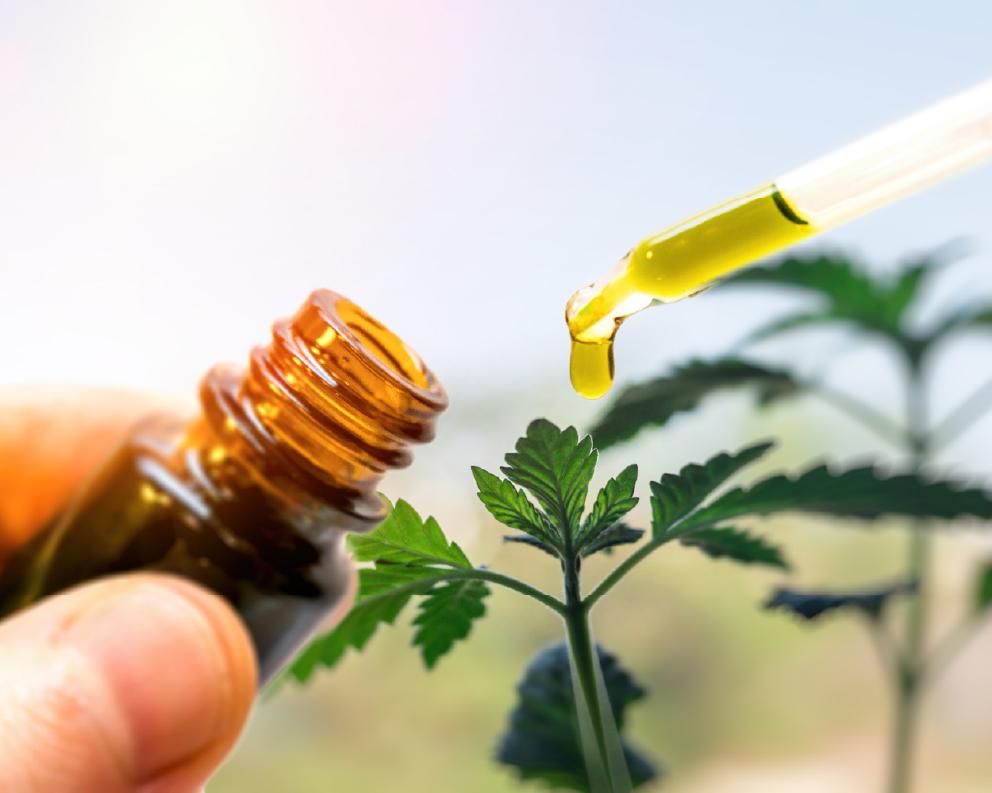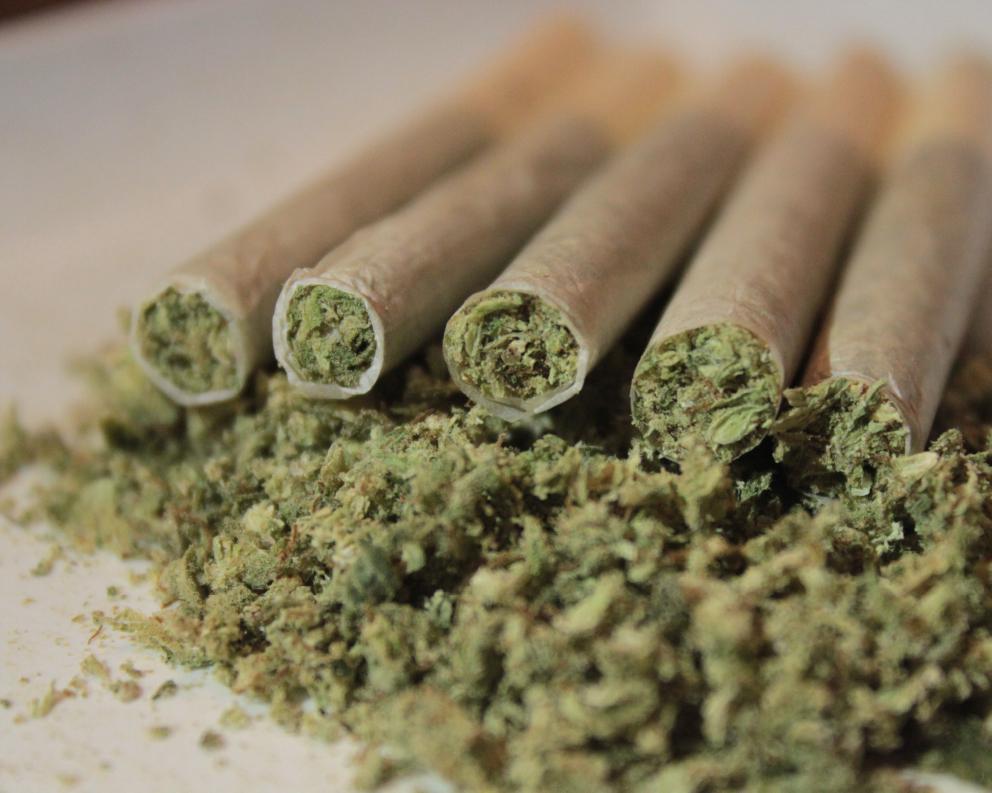What You Need to Know About CBD With THC
- All About CBD
- 09/02/2020


No products in the cart.
Sign In


Many people are becoming increasingly aware of the relationship between THC and CBD. These two cannabis-based compounds are present in the hemp, which means two exist together when hemp is extracted to make CBD products. The rest of what you should know about THC and CBD includes the existence of THC-free CBD products, the effectiveness of THC in CBD products, and the potential of drug screenings when taking CBD.


There are two main types of CBD. The two types of CBD are called full-spectrum and broad-spectrum. Full-spectrum CBD contains the legal, trace amount of THC, which is 0.3%. Broad-spectrum does not contain any amount of THC at all. We go over these products in more detail in our blog Full-Spectrum CBD Oil vs THC-Free CBD Oil.
There is still research underway on whether THC-free or full-spectrum is more beneficial, but cannabis experts seem to agree that CBD with THC may offer a wider range of benefits than CBD-only products. However, everyone’s endocannabinoid system is different. What works best for one person may not be best for the next. As we know, CBD is not one size fits all.


We recommend broad-spectrum to folks who may be concerned about the trace amounts of THC showing up on a drug test. Since some jobs require regular drug testing, broad-spectrum may be the best option. There is always a chance for a false positive if you take CBD before a drug test, but broad-spectrum products can mitigate the risk. The rate at which CBD stays in your system depends on your metabolism and the dose you’ve taken. If drug testing is not a concern, then trying out full-spectrum products is a great idea.
It’s often that people who see THC associated with CBD will wonder if CBD with THC gets you high. The answer is no; CBD does not get you high. The amount of THC in full-spectrum CBD is not nearly enough to be psychoactive.
